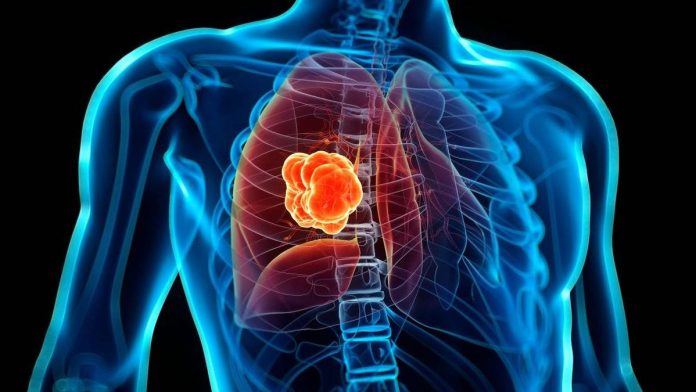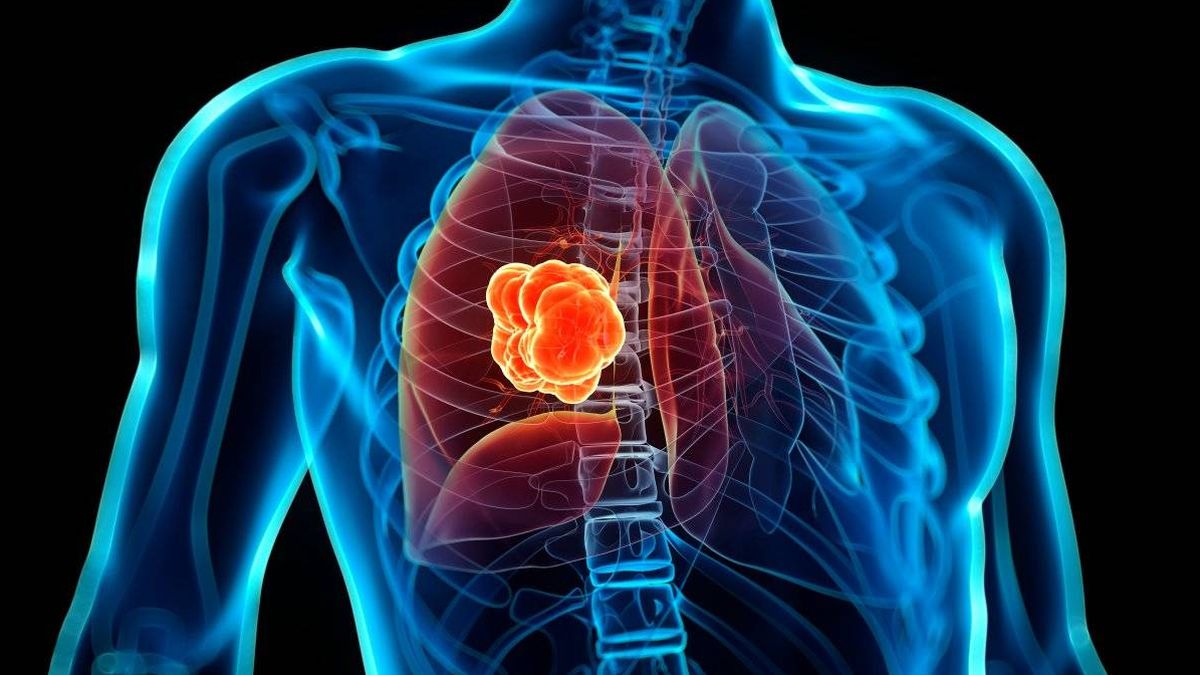
researchers of the International Agency for Research on Cancer The IARC and partner institutions have identified protein markers in blood samples that are associated with lung cancer. Given this, they have developed an algorithm based on these markers to predict future cases of said disease.
These complementary findings have been published as separate articles in Nature Communications and in the Journal of the National Cancer Institute.
Lung cancer is the most common cause of cancer death worldwide. Despite advances in treatment, the most promising strategy to improve long-term survival is to advance early detection.
Low-dose computed tomography screening allows diagnosis of the disease in early stages. In this way, offer patients a treatment with curative intent. The procedure uses an x-ray machine that emits a low dose of radiation to obtain images of areas inside the body.
However, better strategies are needed to identify and reach the people most likely to benefit from screening.
“Cancer screening can save lives, but you have to weigh the benefits against the harm. Blood biomarkers have great potential to better identify people who will develop lung cancer in the future. This would make it possible to direct the screening towards them”, affirmed Dr. Hilary Robbins, a scientist from the Department of Genomic Epidemiology of the CIIC and co-director of the studies.
Better strategies and new studies
The new studies used proteomic data from six prospective population-based cohort studies participating in the Lung Cancer Cohort Consortium (LC3).
LC3 is an initiative of a large consortium of 25 cohorts from around the world, comprising data from 3 million research volunteers who have been followed for many years.
The authors of the study published in Nature Communicationsthe first of its kind to look for early protein markers of lung cancer in pre-diagnosis blood samples, measured up to 1,200 proteins in samples collected from 731 people with a history of smoking who were subsequently diagnosed with lung cancer within 3 years. after blood collection.
The researchers compared the proteins found in these samples with proteins found in blood samples from 731 people of similar age, sex, and smoking history who did not develop lung cancer within 3 years of having their blood drawn.
“The result was the identification of 36 protein markers that are closely related to the risk of developing lung cancer.” This was stated by Hana Zahed, a doctoral student in IARC’s Department of Genomic Epidemiology, one of the lead authors of the study.
These biomarkers could be used to identify individuals who would benefit from lung cancer screening with low-dose CT scans.
Lung cancer: risk prediction algorithm
In the second study, published in Journal of the National Cancer Institute Led by Dr. Xiaoshuang Feng, a postdoctoral fellow in the IARC Section of Genomic Epidemiology, the authors used the LC3 data to develop and validate a protein-based risk prediction algorithm.
They then compared its performance with a commercial autoantibody test and with the most widely used questionnaire-based lung cancer risk model.
The protein algorithm outperformed these tools in discriminating between individuals who developed lung cancer and those who did not; demonstrating that markers have great potential to provide risk information beyond existing prediction tools.
“The results of these studies are very promising. They are a big step towards our goal of developing a tool based on biomarkers. In this way, improve clinical decision-making in lung cancer screening,” says Dr. Mattias Johansson, a scientist at the IARC Genomic Epidemiology Section and co-director of the studies.
“We are now moving quickly to develop and evaluate an assay that can be used in practice”
The results of these two studies are important considering the urgent need to improve early detection to reduce the number of deaths from lung cancer.
